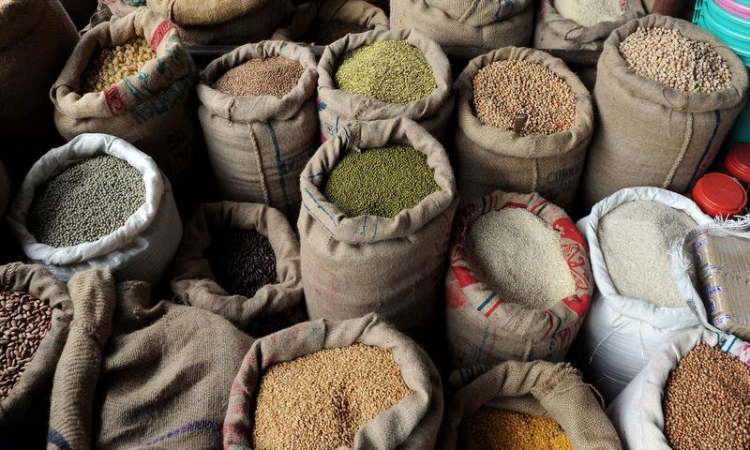Delhi High Court Sets Aside Delhi Govt's Doorstep Ration Delivery Scheme
Nupur Thapliyal & Akshita Saxena
19 May 2022 3:10 PM IST

Next Story
19 May 2022 3:10 PM IST
The Delhi High Court on Thursday set aside scheme of the Delhi Government for doorstep delivery of ration. A Division Bench of Acting Chief Justice Vipin Sanghi and Justice Jasmeet Singh delivered the verdict in the pleas filed by Delhi Sarkari Ration Dealers Sangh and Delhi Ration Dealers Union, opposing the scheme.The Bench however said that the Delhi Government is entitled to frame a...
